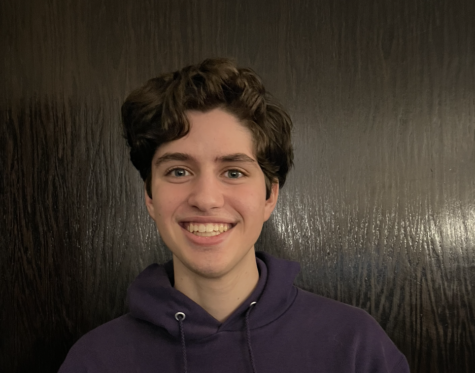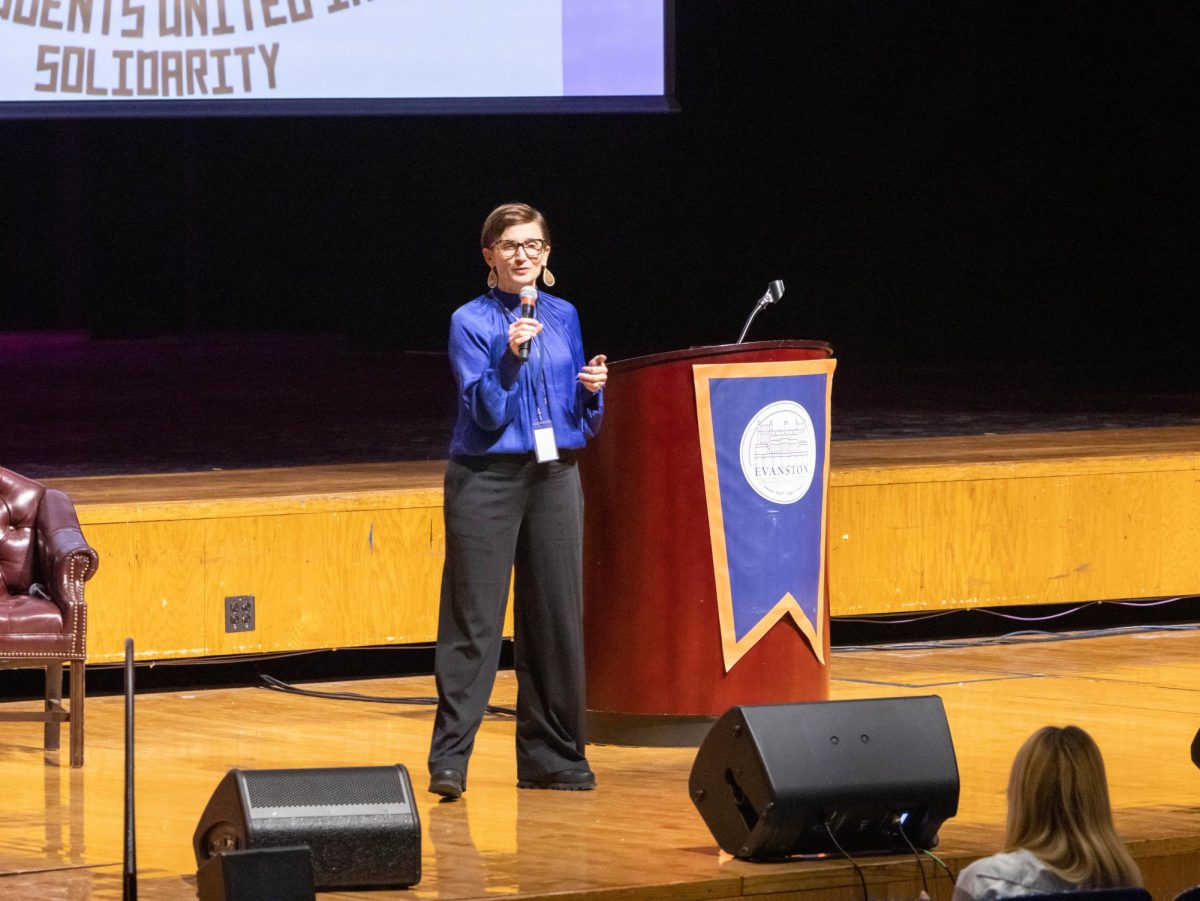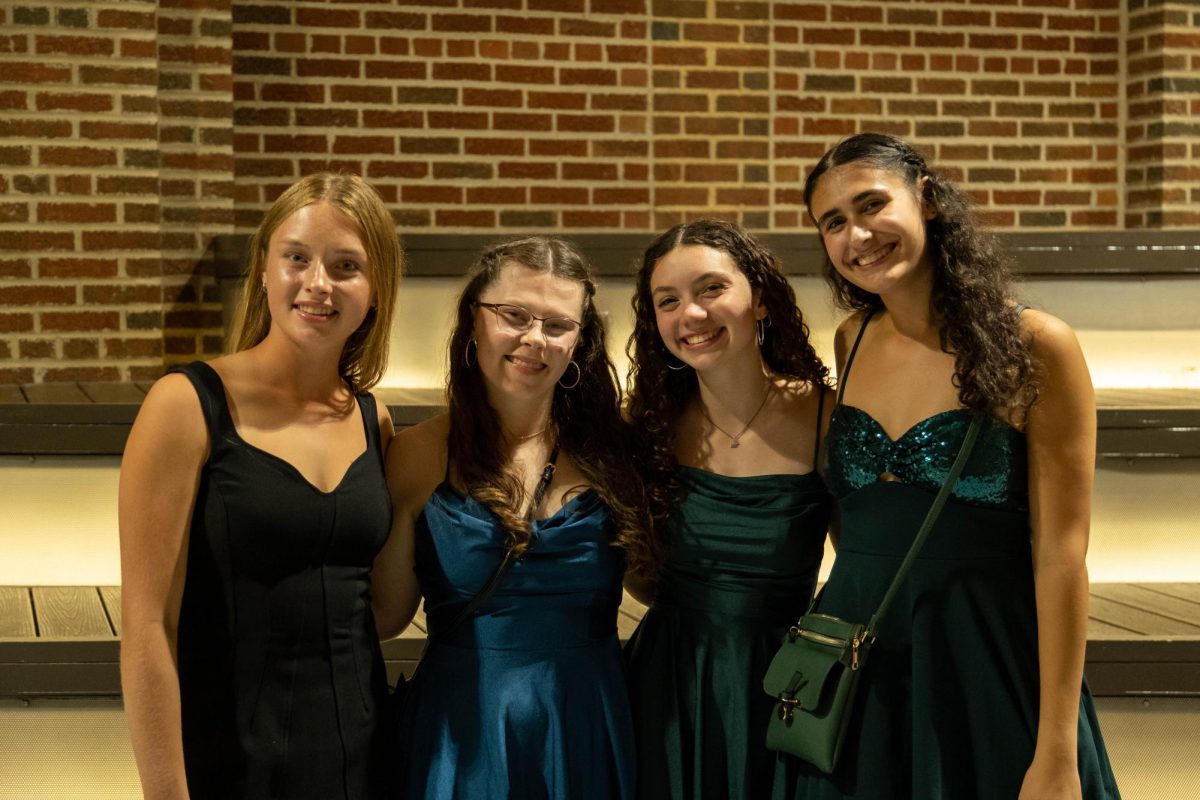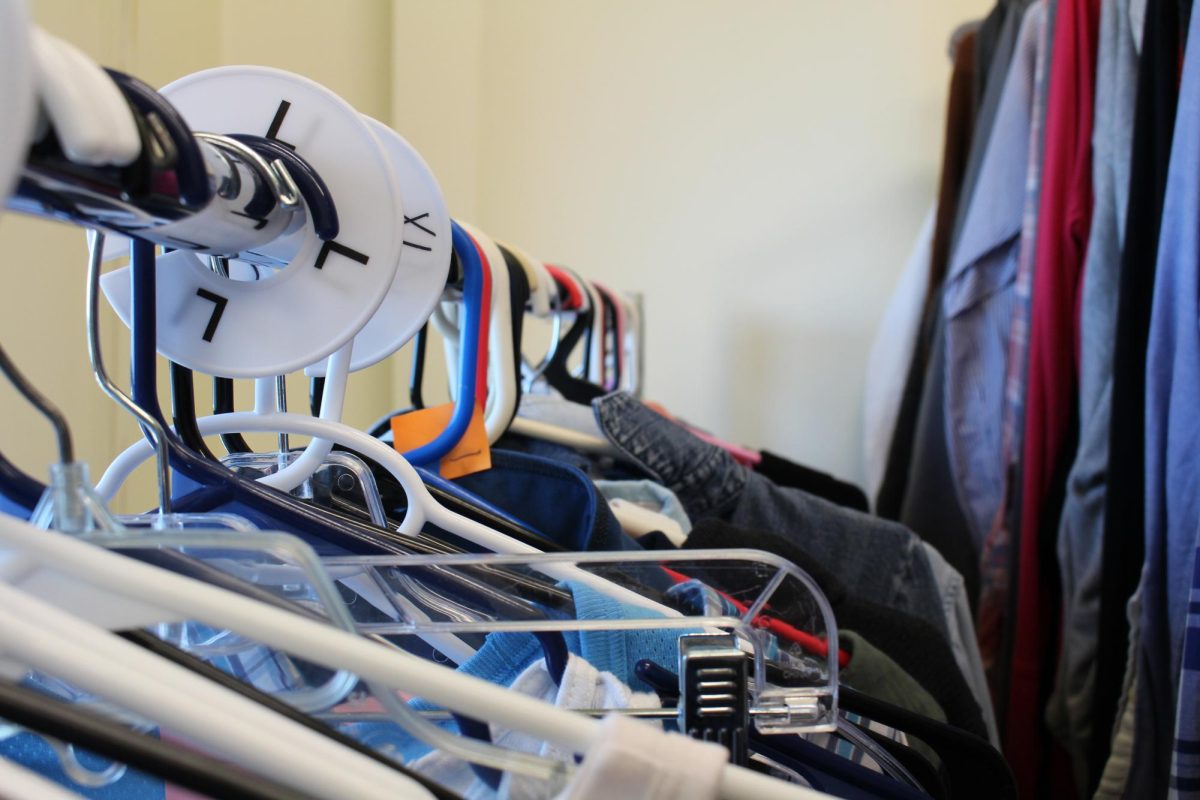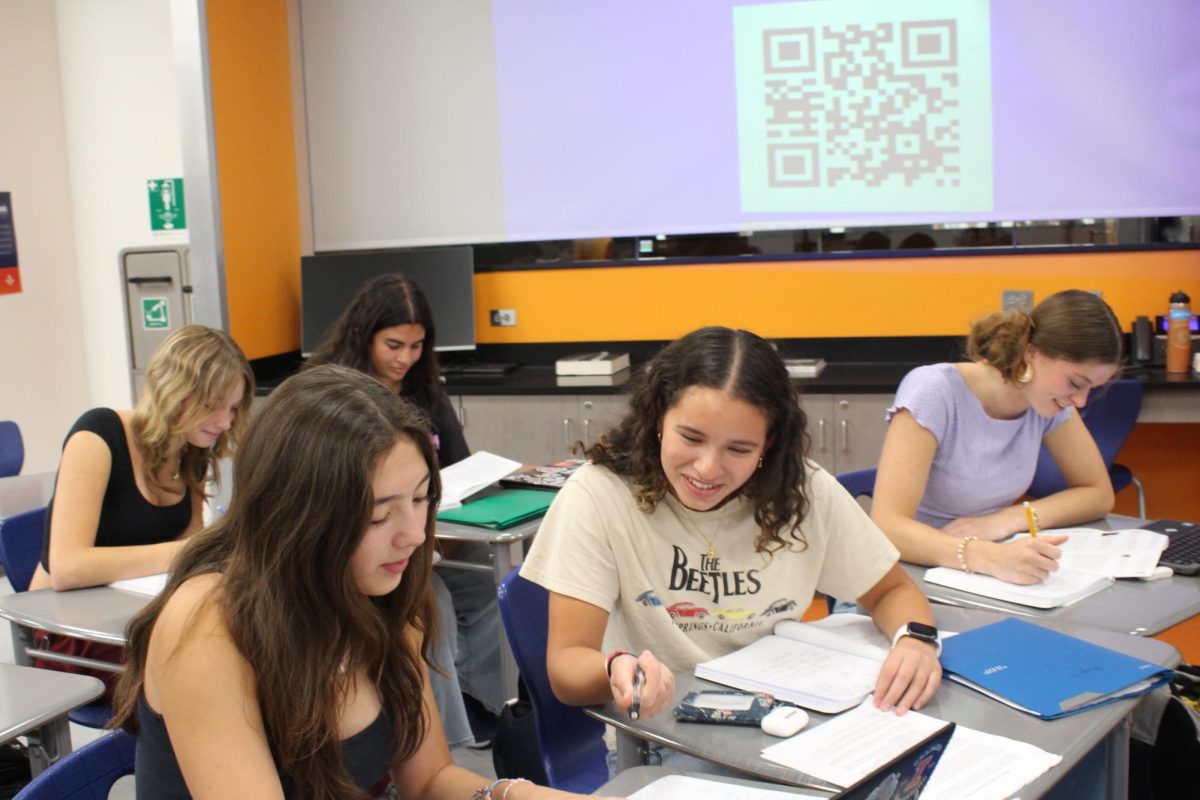‘House of the Dragon’ is the next generational show
November 14, 2022
In May of 2019, the long-awaited finale of Game of Thrones aired after eight long seasons, ultimately leaving fans angered and disappointed. When the prequel show House of the Dragon was announced, most fans felt done with the world that George R. R. Martin had created. But after casting announcements and trailers, the hype for the opening episode was massive. From the opening scene, it was clear that House of the Dragon was going to live up to be another generational show. The scale, effects, writing, acting and story lived up to the impossible task of being as exemplary as Game of Thrones.
Season one of House of the Dragon builds up to the upcoming Targaryen civil war, titled the Dance of Dragons, and follows Princess Rhaenyra Targaryen as she is named heir to the seven kingdoms from her father, King Viserys Targaryen. The nomination to successor causes a split between Rhaenyra’s house and the Hightowers, of which her best friend is a part.. Unlike Game of Thrones, House of the Dragon doesn’t go into as much detail, with time jumps totaling to around 26 years over the course of the first season. Although the time jumps make it feel like the audience is missing out on 26 years of Westorosi history, they’re necessary for developing the story to get to the dance.
The pilot got off to a fantastic start, introducing all the characters in excellent ways and showing off the massive scale that the show had the potential for. The first five episodes continued to build up to the first big time jump with stakes getting increasingly more tense until another disastrous Westerosi wedding that we’ve come to expect from every marriage ceremony since the days of Game of Thrones. Milly Allock and Emiley Carey play young Alicent and Rhaenyra so expertly that the transition to their future selves was challenging for audiences at first, but the audience quickly warmed up to Emma D’Arcy and Emilia Cooke. The second half of the season sees our characters in their more mature forms, which only makes them more dangerous. As the sides grow further and further apart, the backstabbing, conniving, and usurping increase, and the political thrillers that Game of Thrones mastered are on full display.
With a budget of roughly $200 million dollars which is usually only seen for Hollywood blockbusters, House of the Dragon looks absolutely INCREDIBLE. The sets are massive, the costumes are stunning, and the special effects are some of the best I’ve ever seen in a TV show. The dragons appear so real that it adds an even more lifelike sense to this fantasy world while the dragons in Game of Thrones were clearly fake. With as many practical effects as possible, it’s easier to imagine the actors in their roles as they walk through real courtyards and castles, but the show’s massive sets still needed to live up to fans’ massive expectations.
After showrunners besmirched Game of Thrones with the rushed ending of Season 8, writing and running House of the Dragon was a major concern for fans. While showrunner Miguel Sapochnik made mistakes, like making many scenes too dark to even see, he still did an excellent job moving the show forward and analyzing Martin’s texts to create a spectacle. The writing was continually fantastic with a number of original and quotable lines that immediately made audiences fall in love with characters. With the bigger budget, directors and cinematographers did a wonderful job of creating stunning after stunning shots and on top of all that, the acting was phenomenal. Emma D’Arcy and Olivia Cooke do a wonderful job bringing Rhaenyra and Alicent to life, and Paddy Considine, Eve Best, Matt Smith, and the rest of the ensemble all give Emmy level performances episode after episode.
The final two episodes received some backlash from fans, as they believe the show began to focus too much on spectacle over story, but despite one scene from episodes nine and ten, the episodes were still fantastic and did an incredible job of setting up the fiery civil war that will inevitably set Westeros up in flames. Fan overreactions to the Game Of Thrones world on social media has ruined people’s perceptions of how shows are made. They are not meant to cater to the fantasies that fans have in their heads, but to create a story, whether that means abandoning the relationships that fans want, or even changing what’s written in the source material. Episodes nine and ten were not the best episodes of the season, but they were still character driven, suspenseful, beautiful, and emotional episodes that set up the Dance of Dragons.


